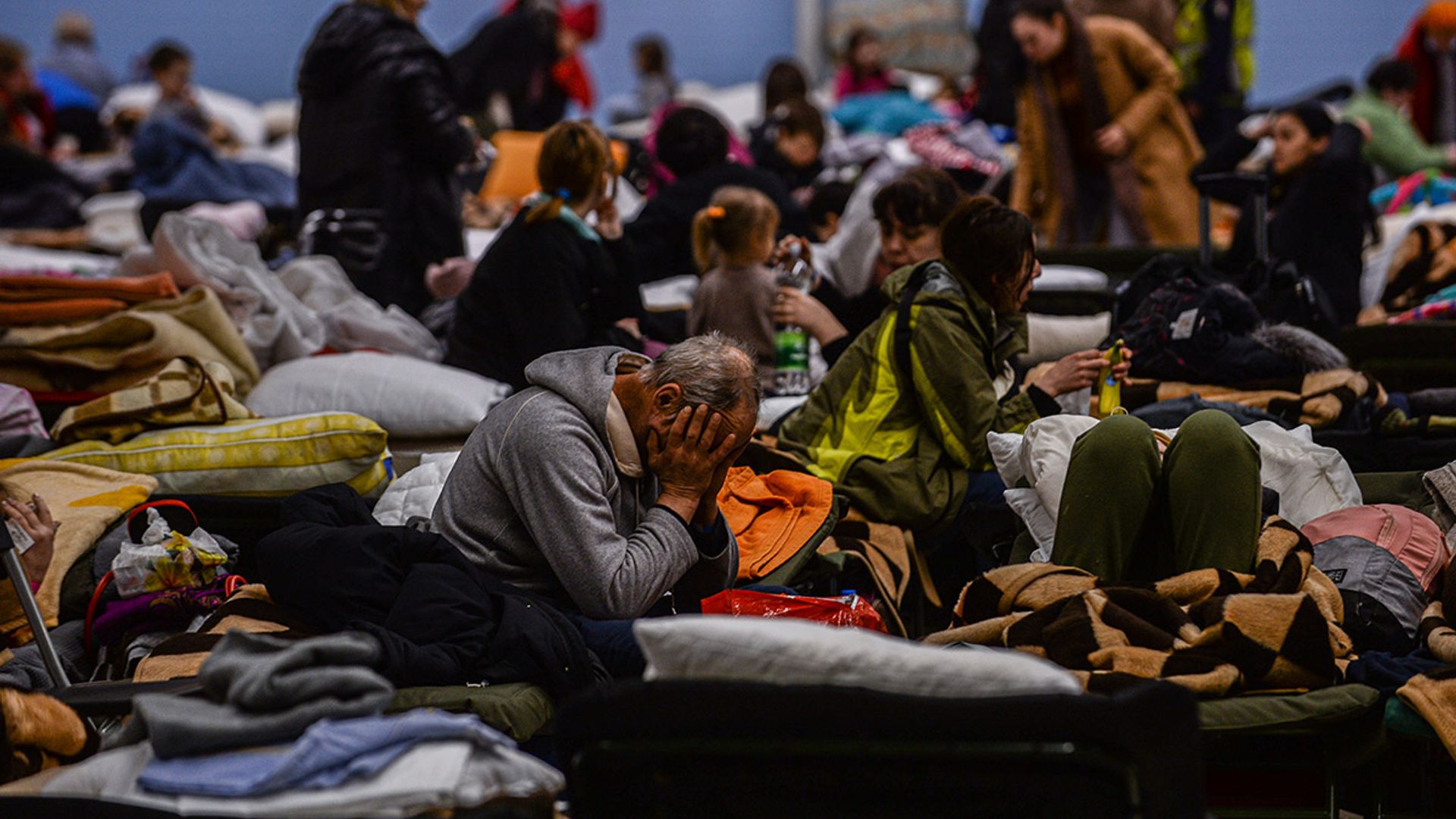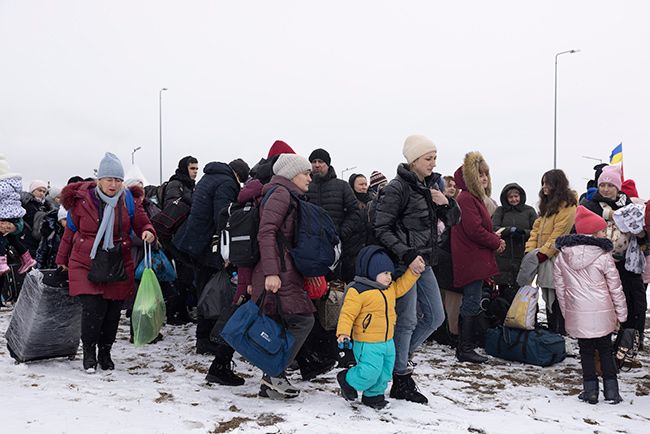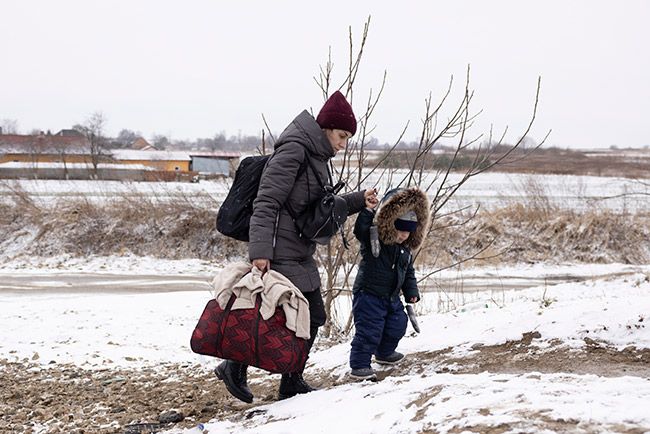The government's Homes for Ukraine initiative has been inundated with support, with nearly 90,000 offers from families and organisations to host Ukrainian refugees within the first 24 hours of its launch.
DONATE NOW: What can you do to help Ukraine?
The Department for Levelling Up, Housing and Communities has launched the scheme in response to the refugee crisis triggered by Russia's invasion of Ukraine in February. Three million people have fled the country in the past three weeks, which is the fastest-growing refugee crisis since the Second World War.
WATCH: Five ways you can help in the Ukrainian crisis
The scheme means that refugees will be able to move in with British families from this weekend, regardless of whether they have ties to the UK. If you're interested in signing up and supporting Ukrainian refugees, here are the key details you need to know…
Who can apply to host a Ukrainian refugee?
Anyone in the UK can apply to host a refugee or refugees in their home. You must be able to host them in your own home or in another property for at least six months. Charities, businesses and community groups are also eligible to apply.
READ: 5 ways to cope with news induced anxiety right now
UK applicants will be vetted by the government, while the Ukrainian refugees will also undergo security checks before they are matched with a host.
There will be no cap or upper limit on the number of Ukrainians who can use the scheme, according to the government.
Almost three million people have fled Ukraine in three weeks
What type of accommodation is required?
Whether you have a spare room in your home or separate unoccupied self-contained accommodation where you are willing to host refugees, it must be available for at least six months, fit for people to live in, and suitable for the number of people to be accommodated.
Do you need to know the refugee you would like to host?
As part of the first phase of the scheme, applicants need the name of a Ukrainian individual or family they wish to host. The application process begins on Friday 18 March, and refugees with a valid Ukrainian international passport will be able to apply online, while those without will have to go to a Visa Application Centre.
If you don't personally know anyone fleeing Ukraine but still wish to help, you can now register your interest on the government's website. There are also charities, including Refugees at Home, Room for Refugees and Shelter 4 Ukraine, who are starting to make connections between individuals to ensure as many people as possible can find a place to live.
There is no upper limit on the number of refugees who can receive help with Homes for Ukraine
How is the scheme funded?
The government will pay eligible households a tax-free sum of £350 a month for up to 12 months to offer their homes to refugees, regardless of how many people they can accommodate. Hosts are not expected to cover the costs of food and living expenses.
Meanwhile, local authorities will also receive £10,500 in extra funding per refugee for support services, and more for children of school age.
How do I register my interest in Homes for Ukraine?
Sign up at homesforukraine.campaign.gov.uk to register your interest as either an individual or an organisation, and you will be kept updated with further details of the scheme as developments are made.
If you have a named person you wish to sponsor you will be able to make a visa application from Friday 18 March, but will need to be prepared with both your details and theirs.
If you want to help the people of Ukraine amid the escalating Russian conflict, these are the charities in urgent need of donations: British Red Cross, International Medical Corps, UNICEF and CARE.










